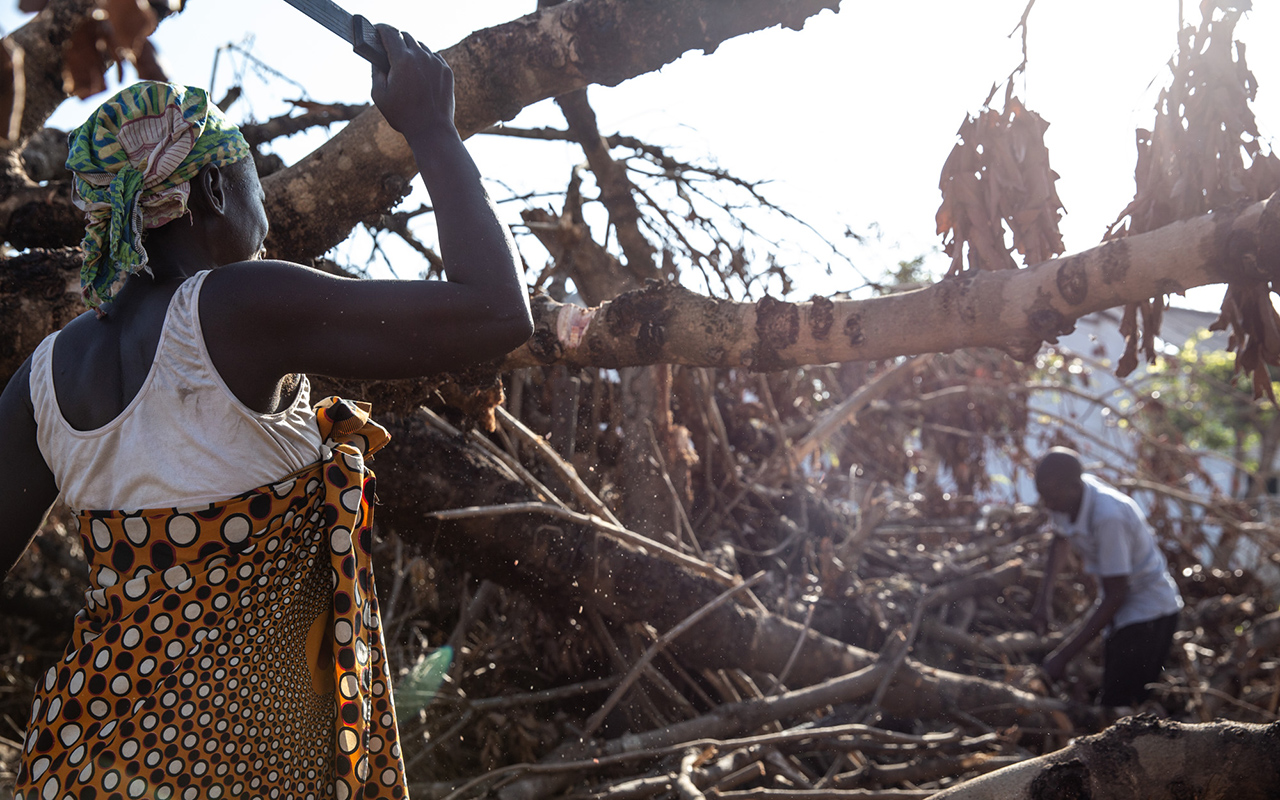25082
EPF graduated teachers' since 1993
400000
people reached by ADPP's education projects
4942
Students in total in all schools
1600
Children with disabilities were reached
In 2023, ADPP Mozambique celebrated important milestones and consolidated its impact in the field of education. With 30 years' experience in teacher training, the Schools for Teachers of the Future (EPFs) have trained more than 25,000 teachers throughout their history. These teachers, trained with a holistic approach that combines theory and practice, have played a crucial role in improving primary education in rural areas, where the challenges are most acute.

The Polytechnic Institutes of the North and Centre have trained young people in technical areas such as agriculture, construction and hospitality, promoting practical learning through internships in local companies and community work. At the same time, ADPP supported around 3,000 young people in Cabo Delgado, including internally displaced people, offering them life skills and livelihood opportunities, contributing to the socio-economic transformation of their communities.
In the field of primary education, ADPP worked directly with 1,132 schools in eight provinces, promoting bilingual education, participatory teaching methods, the inclusion of children with disabilities and the strengthening of School Councils.
In higher education, the Higher Institute of Education and Technology (ISET-One World) has continued to train agents of change in areas such as pedagogy, community development and the environment. With an approach that integrates theory, practice and community action, students participated in research and interventions in local communities, gaining experience that prepares them to face crucial challenges in rural areas.
The results achieved in 2023 reflect ADPP's ongoing commitment to promoting transformative and sustainable change in Mozambique by strengthening education, empowering youth and building more inclusive communities.




